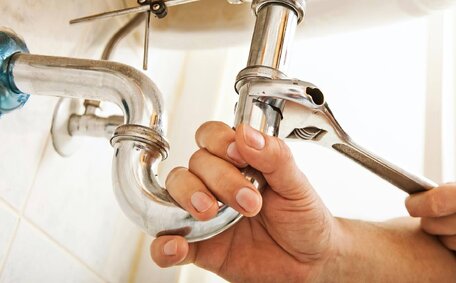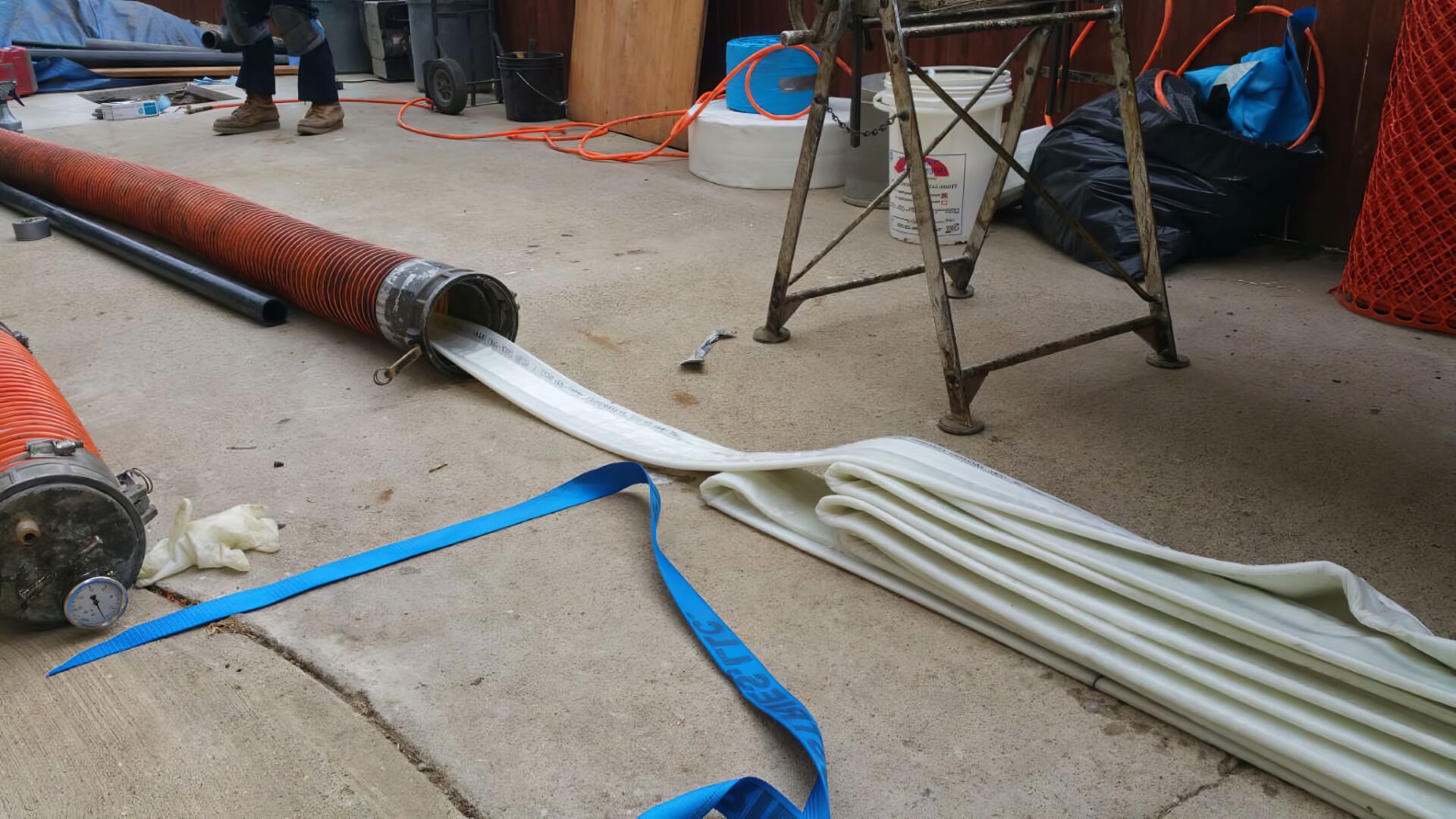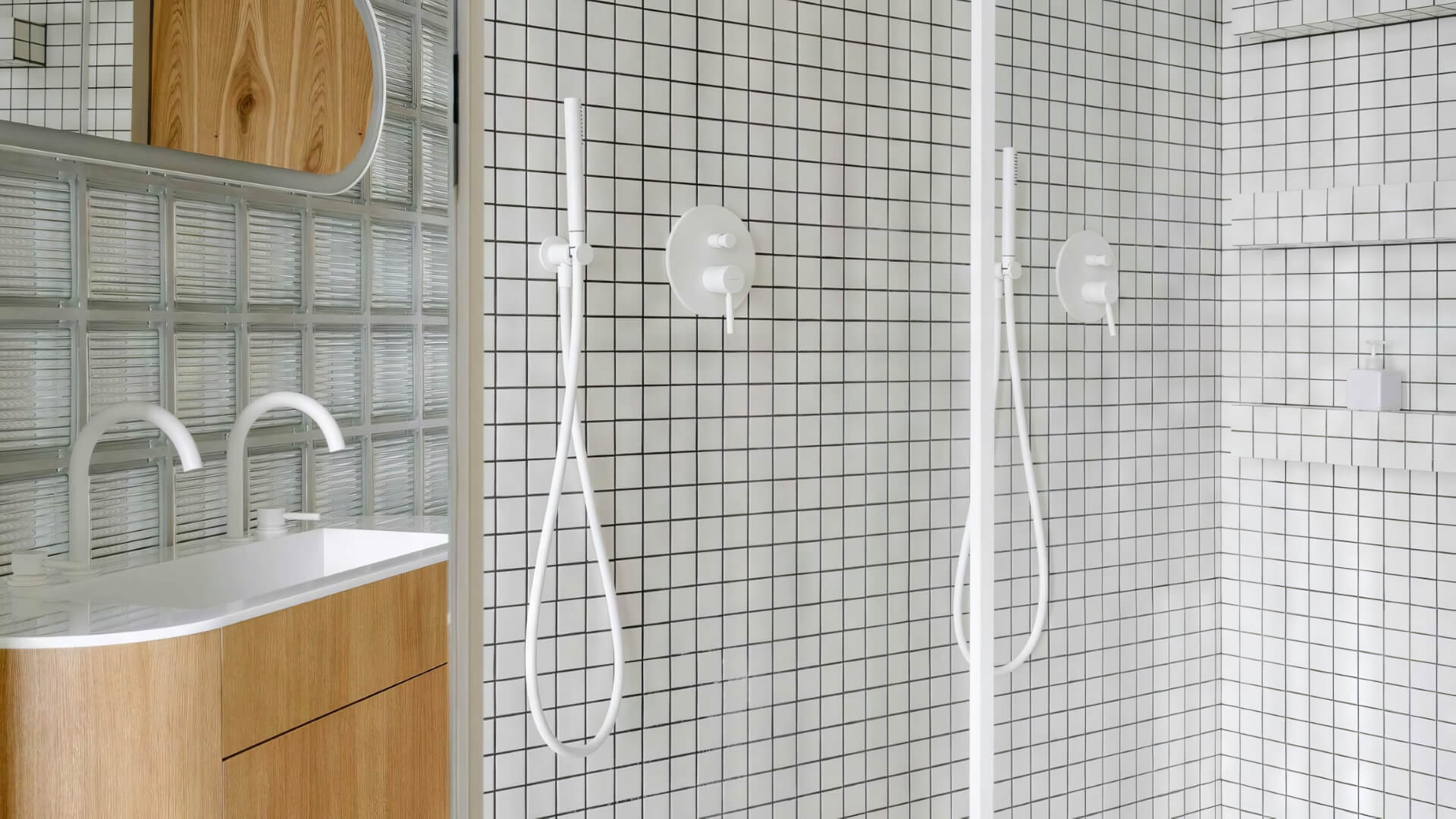Introduction to hot water system installation
A dependable hot water system is vital for any home. An issue with your hot water supply can be incredibly disruptive and inconvenient. Deciding between a DIY installation and engaging professional plumbing services is crucial when you’re replacing your water heater.
This article will provide homeowners with key information so they can choose the best approach for their situation. We’ll discover the things to consider like water heater installation safety, costs, continuous flow system advantages, skills required, tools needed, regulations to follow, and tips for making an informed decision.
The complexity of installing advanced water heater models, involving intricate electrical and plumbing work, presents considerable challenges. Getting electric water heater installation wrong when doing it yourself risks your safety, health, warranty claims and compliance. Weighing DIY against professional options to install a gas hot water system means considering things like hot cold water needs:
- Your expertise and confidence in the tasks
- The costs of tools, materials and potential mistakes
- Safety issues and risks if the work is not done to code
- Impacts on home insurance and building compliance
- Ongoing maintenance needs
Armed with the appropriate knowledge, you can choose whether to undertake water heater installation on your own or to enlist a professional. Read on as we cover all the key points, including how to off water safely, complying with local building codes, to assist in selecting your new hot water system.
Evaluating if you should install it yourself or hire a professional
The complexity of installing a gas water heater varies with the system type and the specific setup of your home. It’s important to evaluate if you have the skills, time and resources to take on the installation yourself, or if it would be safer and more reliable to shut off the old system and hire a professional.
The first key question is whether you’re comfortable with and capable of handling gas line tasks, and plumbing. Implementing new hot water heater solutions involves connecting pipes, fittings, valves, wiring, and ducting flammable gas lines. This expertise is crucial when you install hot components to meet regulations and ensure safety.
Ascertain if you possess the requisite tools and materials to install modern heat pump water systems. Installing a system like a gas storage unit or a device to pump hot water efficiently, such as a heat pump, requires pipe cutters, specialised connections and fittings that follow standards. Professionals are equipped with the necessary gear, understanding that water systems can supply hot water to your entire household efficiently.
Carefully consider if you can allocate the hours needed to fully install your hot water system, turn off the old water heater, locate valves and electrical circuits, run new gas/electrical lines if needed, connect all plumbing and wiring, and test for leaks and issues. There is much time and labour involved.
Hiring a professional plumber and certified gas fitter ensures your water heater installation complies with all Australian Standards, Sydney Water requirements and does not affect your home insurance or building compliance.
DIY installations might promise cost savings, but errors can lead to danger and costly corrections by a professional later on. Make sure to consider both the short and long-term value of professional expertise, especially with complex gas systems that deliver efficient hot water.
Pros of DIY hot water system installation
There are some potential benefits to installing a hot water system yourself, including:
- Cost savings - you won’t have to pay professional labour costs
- Convenience - you can manage the project on your own schedule
- Sense of achievement - the satisfaction of completing a major home upgrade yourself
- Learning experience - you’ll pick up new plumbing skills in the process
Installing gas, electric and solar water heating systems still requires expertise to meet legal regulations and ensure safety. Assess your confidence in managing the electrical aspects, gas connections, and plumbing required for water heater installation.
While DIY offers flexibility and potential cost savings, lacking the proper qualifications can affect compliance, insurance, and warranties if installations are not performed correctly. Evaluate if the time investment is worth it over your system’s full lifespan.
Cons of DIY hot water system installation
There are significant risks and downsides to attempting DIY installation of a hot water system, including:
- Safety hazards - incorrect gas or electrical connections can cause dangerous leaks, fires or electrocution if standards aren’t met
- Costly mistakes - faults may require expensive repair your system corrections by a professional later
- Voiding warranty - DIY service will often void manufacturer product warranties
- Building non-compliance - failing inspections due to not meeting plumbing, gasfitting, electrical or AS/NZS standards
- Insurance problems - insurers may refuse cover for DIY installation faults
- Lack of expertise - hot water systems can be challenging, and unless qualified, most DIYers lack the skills to size, locate, fit and test properly while ensuring safety
While DIY seems initially cheaper, the complexity of modern instant new hot water systems, along with electric and solar types, means installation is best left to qualified tradespeople. They understand legal regulations and standards to avoid issues jeopardising safety, compliance and your household.
Mistakes during the water heater water installation process can also lead to disastrous water damage or fires. Unless I am a licenced professional, I should hire someone who knows the safety procedures, compliance responsibilities and has the expertise to size, locate and install hot water systems dependably.
Skills and tools needed for DIY installation
Taking on a DIY hot water system installation requires both general and specialised skills across electrical, gas and plumbing work to meet legal standards. This includes:
- Electrical skills - selecting and installing control units, timers, connecting wiring
- Natural gas skills - correctly running, connecting and pressure testing natural gas lines
- Plumbing skills - cutting, fitting and connecting pipes, valves and outlets
You’ll also need an array of specialised tools, which can result from careful selection like:
- Pipe cutters and joiners
- Pressure gauges
- Multimeters for testing circuit breaker loads and electrical continuity
- Spanners for gas fittings and valves, and tools to manage the cold water supply
- Cold water isolation tools like pipe freezers
Not having the full range of necessary skills and gear can jeopardise your new water heater installation compliance, safety and functionality. Consider if DIYing has enough cost benefit over using professional tradespeople equipped for the task.
Safety hazards and risks of improper DIY installation
Attempting DIY installation of your new system without proper skills and qualifications poses serious safety hazards, including:
- Gas leaks - incorrectly fitted or poorly pressurised gas lines can leak carbon monoxide or combustible gas, leading to poisoning or fire risks
- Electrocution - faulty electrical control units or wiring errors can cause electric shocks and electrocution
- Scalding - faulty temperature regulation at the hot water tank tap exposes users to the risk of severe burns from very hot water
- Flood damage - leaks from poorly fitted pipes, connections or overflowing hot water tanks can lead to extensive and costly water damage
- Structural issues - incorrect bracketing or support of heavy storage tanks may lead to them falling through ceilings
These dangers emphasise the need for professional installation of all types of hot water systems, including individual hot water units, meeting stringent gasfitting, electrical and plumbing standards. DIY installation by those lacking qualifications and expertise often fails inspections due to not complying with regulations.
The combination of gas, electricity and water involved means hot water systems safety depends on flawless installation. Unless you are a qualified tradesperson, mistake risks are too high for DIY attempts. Seek a licensed plumber’s services to avoid any hazards with electric water heaters that could jeopardise household safety.
Ensuring compliance with regulations and building codes
When installing a hot water system yourself, it is crucial to ensure full compliance with all relevant building codes and regulations. Failing to meet legal requirements can jeopardise safety, insurance coverage and result in extensive rectification work.
Key areas to consider before installing a hot water system on your own include:
- Local council permits and approvals for plumbing and gasfitting work
- Zoning regulations about external placement of components like solar heaters
- Australian Standards (AS/NZS) applying to the installed system and its components
- Electrical safety standards for any electrical additions or modifications
- Water authority regulations, especially regarding backflow prevention valves
Meeting the necessary codes for gas hot water systems ensures they are safe and compliant. Professional installers are qualified in these requirements. If DIYing, thoroughly research all regulations for your hot water system type or have installations officially approved.
Failure to comply could mean you are at risk of fines, need to remove unapproved works or make changes to meet standards. This could completely negate any upfront cost savings from DIYing some hot water system installations. Consider if the compliance burden is worth more than having a licenced professional replace your system from the start.
Cost comparison: DIY vs. hiring a professional
When choosing between DIY and professional water heater installation, cost consideration is crucial.
| System equipment costs | $$$ | $$$ |
| Tools and materials | Can be $$$ if buying/renting all needed gear | Included |
| Labour fees | Your time (unpaid) | Tradespeople fees ($$$$) |
The initial cost savings from DIY water heater projects must be weighed against long-term costs and potential risks. Key considerations include:
- Professionals often receive wholesale discounts on equipment
- DIY mistakes can require expensive correction
- Improper DIY installation of gas water heaters may void warranties or insurance
- Gasfitting and electrical work risks fines if non-compliant
Investing in a professional installation can save money over time due to correct and efficient installation.:
- Access to better equipment deals and warranties
- More efficient gas/electricity use lowering bills
- Avoiding expensive hazards from future DIY mishaps
How to maintain your system after installation
Properly maintaining your electric system, including your hot water system after you install new equipment, is crucial for achieving efficiency, performance and extended longevity. Here are key tips:
Routine maintenance checks
Conduct Perform regular visual inspections for leaks, corrosion, pressure issues, or malfunctions in your system’s components and connections. Monitor operational sounds for abnormal noise at your own water tap and ensure your unit’s drain pan is intact.
Flush and descale annually
To prevent scale buildup damaging components, flush water heater units and descale pipes annually. Ensure the TP valve is functioning correctly and consider installing a scale reduction filter if water supply is extremely hard.
Regularly test valves and relief pipes
Regularly test hot cold water faucet pressure relief and drain valve manually to ensure they still function correctly. Inspect the drain pipe condition and discharge point.
Replace anodes and filters
If I install water system components like storage water heaters, I would responsibly replace the sacrificial anodes every 2-5 years as per manufacturer guidance to protect your tank. Replace inline filter cartridges as required.
Update paperwork
File away all manuals, warranties and compliance certificates that power your system’s legal safeguard. Log the installation date and record servicing history for your reference.
Professional servicing
Before you decide to install a new water heater, consider an annual preventative service by a licenced technician to assess your old unit and ensure maximised functionality and lifespan.
Making an informed decision on DIY vs. professional install
When weighing up whether to install a hot water system yourself or hire a professional, the key is making an informed decision based on your skills, tools, system complexity, regulations and the risks involved.
Be realistic about your expertise working with electrical, gas and plumbing tasks. Do thorough research to understand the installation steps, tools needed, materials cost and time investment required. Consider long-term factors like energy efficiency, warranties, building compliance and potential hazards from improper DIY work.
For most, hiring a qualified professional plumber offers an installation that meets safety and legal standards. Our experienced, fully-equipped team can help with complete removal and hassle-free hot water replacement, guided by industry best practises.
With more than 15 years of expertise in gas hot water solutions, we customise systems to suit your household and budget. For reliable hot water systems installed to the highest standard, email us or call 1300 349 338.
professional install
Be realistic about your expertise working with electrical, gas and plumbi and potential hazards from improper DIY work.
For most homeowners, using a qualified professional like Petersham Plumbing can do a safe and legal installation. Our experienced, fully-equipped tea






